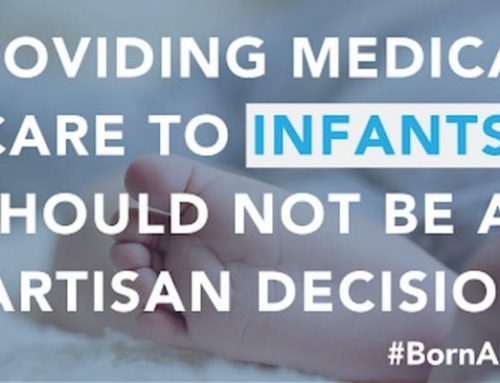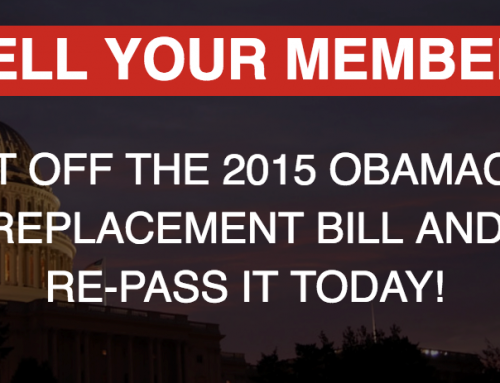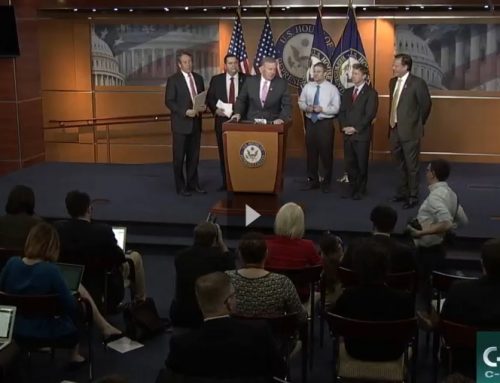Okay, tomorrow is the first big moment we’ve been waiting for since the 2010 elections: the repeal of ObamaCare is scheduled for a vote in the House. Be sure to contact your representatives to remind them you expect them to do everything in their power to undo this legislative debacle.
By the way, in case you think this is a waste of time and that it will be impossible to get through the Senate, read this post by Brian Darling. Then consider that 23 of the 33 seats up for grabs in 2012 are currently held by Democrats or Independents who caucus with the Democrats (one of whom just announced his retirement). They saw what happened in 2010 to the Democrats who supported ObamaCare. With that reality hanging over their heads in 2012, is it not reasonable to think that some of them would fold and actually vote for repeal?
Then, of course, you have the presidential veto to consider. But is that veto really a guarantee? Obama will have the same problem as his Senate Democrats. If he continues to cling to ObamaCare as health care costs continue to skyrocket, employers continue to drop coverage, waivers continue to be granted, etc., his reelection chances will be slim. And he would know that. If he proved anything with his actions on the extension of the Bush tax cuts, it’s that he cares more about his political popularity than his ideology. So again I ask, Is that veto really a guarantee?
The mainstream media wants you to believe that ObamaCare is a done deal and cannot be repealed so you’ll give up fighting against it. Don’t believe them. If we continue to stay engaged, educate the public about the damage this bill will do to America (they already seem to largely understand this), and hound our representatives at every opportunity, showing them we will never go away, ObamaCare can and will be repealed.





